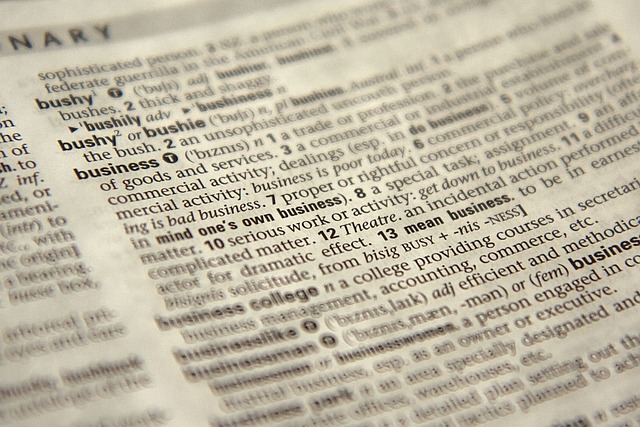Share This Article:

Juneau, AK (WorkersCompensation.com) -- As in other states, in Alaska, to get the ball rolling on a workers' compensation case, an injured worker may start a proceeding before the board by filing a written claim or petition.
So, what do those terms mean? Here's how Alaska state law defines them.
Claim
A claim is a written request for benefits, including:
--> Compensation.
--> Attorney fees.
--> Costs.
--> Interest.
--> Reemployment or rehabilitation benefits.
--> Rehabilitation specialist or provider fees.
--> Medical benefits.
The claim may be filed on a form provided by the board. An application is a written claim.
A separate claim must be filed for each injury for which benefits are claimed regardless of whether the employer is the same in each case. If a single incident injures two or more employees, regardless of whether the employers are the same, two or more cases may be consolidated for the purpose of taking evidence. A party may ask for consolidation by filing a petition for and asking in writing for a prehearing, or a designee may raise the issue at a prehearing. To consolidate cases at the prehearing the designee must:
(1) Determine the injuries or issues in the cases are similar or closely related.
(2) Determine that hearing both cases together would provide a speedier remedy.
(3) State on the prehearing summary that the cases are consolidated, and state which case number is the master case number.
Petition
A petition is a written request for action by the board other. The petition may be filed on a form provided by the board.
Except for a petition for a self-insurance certificate or an executive officer waiver, a petition must be signed by the petitioner or the petitioner's representative and include:
(1) The names and addresses of all parties.
(2) The date of injury.
(3) A description of the general nature of the dispute between the parties.
(4) Proof of service of the petition upon all parties.
The board or its designee will return an incomplete petition to the petitioner.
A petition that alleges that a disability has ended or an impairment has become permanent must include:
(1) The dates for which compensation was paid.
(2) The amount of compensation paid to the employee.
(3) The date on which the petitioner claims the disability ended or the impairment became permanent.
(4) A completed medical summary on Form 07-6103.
Reply
A reply is a response to an answer. No party is required to file a reply. A party who chooses to file a reply must file the reply not later than seven days after the answer was served upon the parties.

AI california case management case management focus claims compensability compliance courts covid do you know the rule emotions exclusive remedy florida FMLA fraud glossary check Healthcare health care hr homeroom insurance insurers iowa leadership medical NCCI new jersey new york ohio osha pennsylvania roadmap Safety state info technology texas violence WDYT what do you think women's history women's history month workcompcollege workers' comp 101 workers' recovery Workplace Safety Workplace Violence
Read Also
- Apr 24, 2025
- Frank Ferreri
- Apr 24, 2025
- Liz Carey
About The Author
About The Author
-
Frank Ferreri
Frank Ferreri, M.A., J.D. covers workers' compensation legal issues. He has published books, articles, and other material on multiple areas of employment, insurance, and disability law. Frank received his master's degree from the University of South Florida and juris doctor from the University of Florida Levin College of Law. Frank encourages everyone to consider helping out the Kind Souls Foundation and Kids' Chance of America.
More by This Author
Read More
- Apr 24, 2025
- Frank Ferreri
- Apr 24, 2025
- Liz Carey
- Apr 24, 2025
- Claire Muselman
- Apr 24, 2025
- Chris Parker
- Apr 24, 2025
- Anne Llewellyn
- Apr 23, 2025
- Claire Muselman




